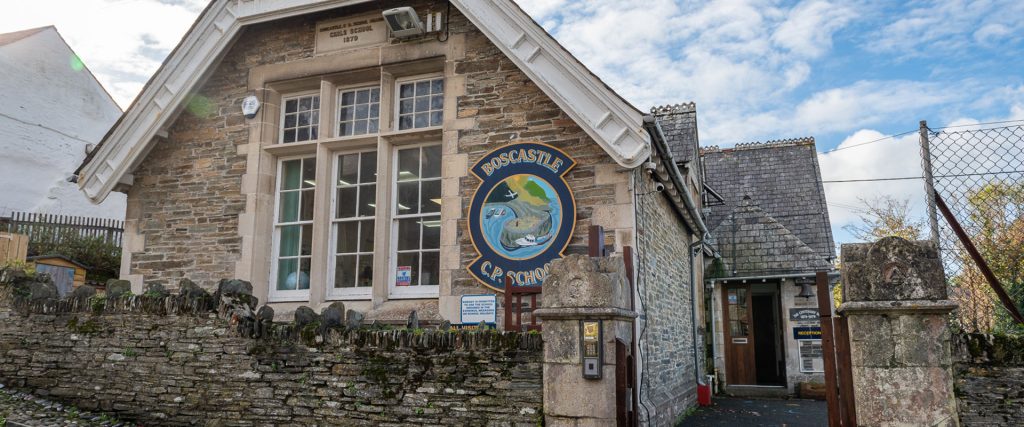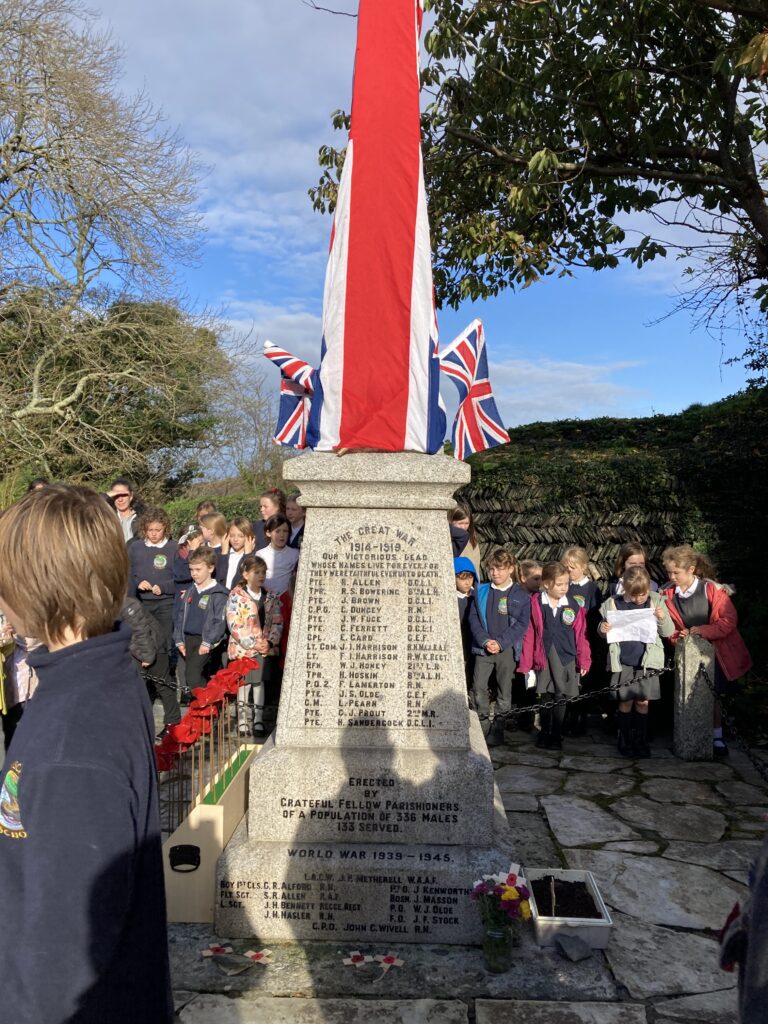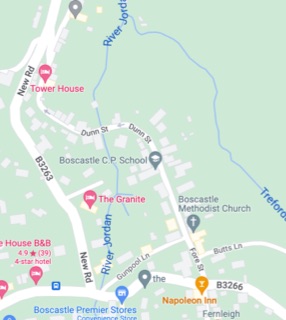
History
British and World History
Throughout the history scheme, there is complete coverage of all national curriculum programmes of study. The history projects are well sequenced to provide a coherent subject scheme that develops children’s historical knowledge, skills and subject disciplines. Key aspects and concepts, such as chronology, cause and effect, similarity and difference, significance and hierarchy, are revisited throughout all projects and are developed over time. All projects also develop historical skills based on evidence and historical enquiry. The choice of historical periods follows the guidance set out in the national curriculum, with specific details relating to significant events and individuals chosen to present a rich and diverse account of British and world history. Opportunities for making meaningful connections with other projects have been identified and history projects are sequenced accordingly. For example, the project Dynamic Dynasties is taught alongside the art and design project Taotie to give children a better all-round understanding of ancient Chinese arts and culture. All history projects are taught in the autumn and summer terms, with opportunities to revisit historical concepts in some of the spring term geography projects.
Local History
Cornwall’s vibrant identity has evolved from history going back 3000 years and a rich traditional culture much of which still lives and breathes through the sites and scenery found throughout the region today. We find out about this rich history through museums, ancestral houses, castles and the Cornish Mining World Heritage Site. Opportunities are identified to study our local history through our curriculum, for example, the lower KS2 project Through the Ages, includes a visit to Tintagel Castle. The remains of Tintagel’s early medieval settlement enables children to find out how Cornish rulers lived and traded from the fifth century AD, importing exotic goods and trading tin. On the fifth of March each year, we mark Saint Piran’s Day; finding out about the historical story of our patron saint and looking at how the day is celebrated around Cornwall with parades, children’s processions and traditional Cornish music.
The village of Boscastle provides us with many sources of our historical past; including our school building which dates back to 1879, when it opened as a girls’ school, which we include in the KS1 project, School Days. The site of Bottreaux Castle is just down the road; this provides us with an example of what’s thought to be a traditional motte and bailey castle, built in the mid to late twelfth century and children in Lower KS2 study this area as part of their topic, Invasion.
Each year, we mark Remembrance Day where the whole school visits the Boscastle War Memorial, to lay a poppy wreath and pay our respects, alongside members of the local community. In the Upper KS2 project Britain at War, children explore the impact of evacuation in Cornwall through the Boscastle archive sources which provide accounts of evacuee experiences in the local area, also researching involvement in WW2 through information and memories passed down through the generations of local families.

Key Stage 1

In the autumn term of Cycle A, children explore a broad range of periods in the project Movers and Shakers. This project explores the concept of significance and the significant people that have greatly influenced history. In the summer term, children study the project Magnificent Monarchs. This project introduces children to the challenging concepts of power and monarchy in preparation for more complex historical topics in Key Stage 2.
In Cycle B, children begin the autumn term by studying the project Childhood. This project builds on children’s past experiences, including their family history and events within living memory. In the summer term, children study the project School Days. This project enables children to learn the history of their school and compare schooling in the Victorian period.
The projects studied in Key Stage 1 provide numerous opportunities for children to explore significant historical events, people and places in our locality.
Lower Key Stage 2

In the autumn term of Cycle A, children learn about British history in the project Invasion. This project teaches children about the Roman withdrawal and the invasion and settlement of the Anglo-Saxons and Vikings. This project concludes at 1066, which meets the guidance from the national curriculum for British history. In the summer term, children begin their studies of ancient history by studying the overview project Ancient Civilisations. This project enables children to learn about the achievements of the earliest civilisations, including ancient Sumer, the Indus Valley civilisation and ancient Egypt.
In Cycle B, children begin the autumn term by studying the chronology of British history in the project Through the Ages. This project teaches children about the significance of prehistoric periods and the changes in Britain from the Stone Age to the Iron Age. In the summer term, children continue to develop their knowledge of the chronology of British history in the project Emperors and Empires. This project teaches children about the Roman Empire, its invasion of Britain and Britain’s ensuing Romanisation.
Upper Key Stage 2

In the autumn term of Cycle A, children study ancient and world history in the project Groundbreaking Greeks. This project enables children to explore life in ancient Greece, including examining the achievements and influence of ancient Greece on the western world. In the summer term, children continue to build their knowledge of ancient civilisations with an in-depth analysis of ancient China in the project Dynamic Dynasties. This project enables children to study the significance and influence of ancient China and its prowess and advancements in the written word, technology and metalwork.
In the autumn term of Cycle B, children study the more complex historical issues of enslavement, colonialism and power in the project Maafa. In this project, children explore a range of African kingdoms, including the Kingdom of Benin, and study Britain’s role in the development, perpetuation and abolition of the slave trade. In the summer term, children complete their historical studies for the year with the project Britain at War. This project enables children to study the role war has played in Britain’s history since 1066, focusing on the First and Second World Wars as crucial turning points in British history.
Fore Street
Boscastle
Cornwall
PL35 0AU

| Cookie | Duration | Description |
|---|---|---|
| cookielawinfo-checkbox-analytics | 11 months | This cookie is set by GDPR Cookie Consent plugin. The cookie is used to store the user consent for the cookies in the category "Analytics". |
| cookielawinfo-checkbox-functional | 11 months | The cookie is set by GDPR cookie consent to record the user consent for the cookies in the category "Functional". |
| cookielawinfo-checkbox-necessary | 11 months | This cookie is set by GDPR Cookie Consent plugin. The cookies is used to store the user consent for the cookies in the category "Necessary". |
| cookielawinfo-checkbox-others | 11 months | This cookie is set by GDPR Cookie Consent plugin. The cookie is used to store the user consent for the cookies in the category "Other. |
| cookielawinfo-checkbox-performance | 11 months | This cookie is set by GDPR Cookie Consent plugin. The cookie is used to store the user consent for the cookies in the category "Performance". |
| viewed_cookie_policy | 11 months | The cookie is set by the GDPR Cookie Consent plugin and is used to store whether or not user has consented to the use of cookies. It does not store any personal data. |